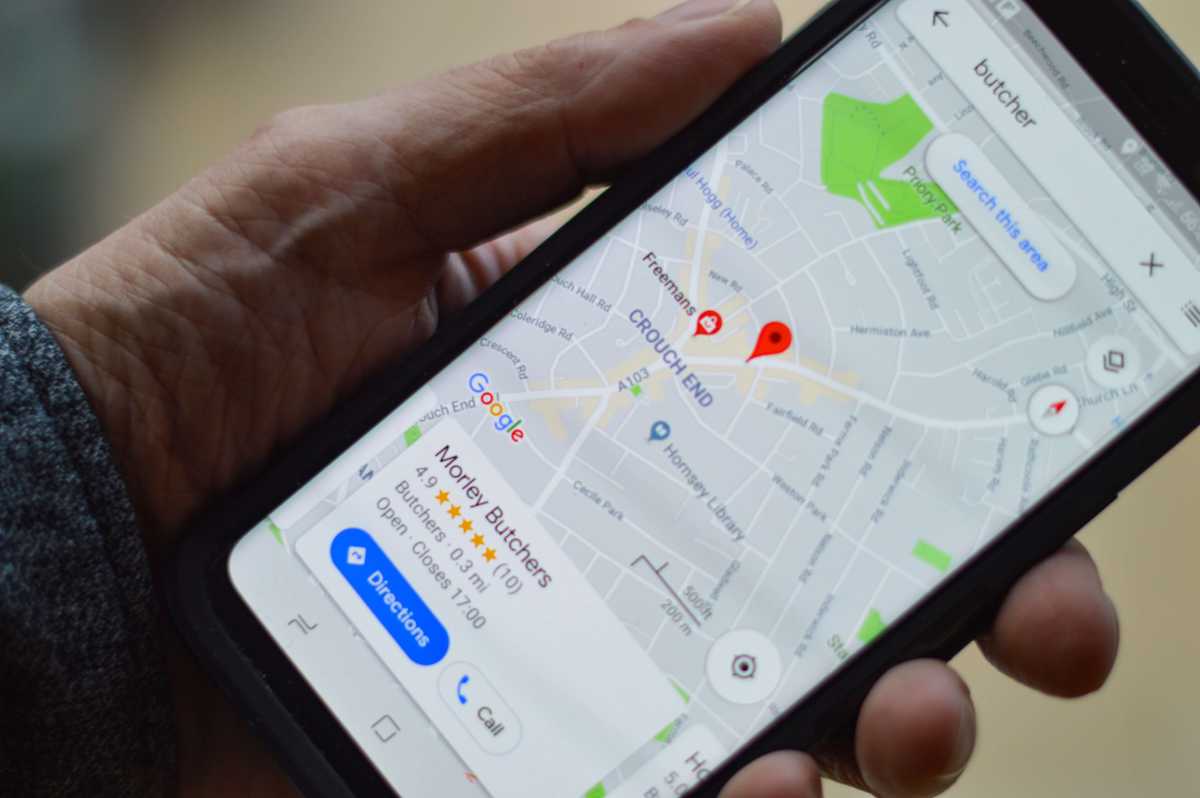Your smartphones can enable hackers, fraudsters, companies and even law enforcement agents to track you and retrieve information about your whereabouts, legally or illegally.
Your phone is tracked by dozens of companies and agencies and it is all entirely legal because you gave them permission to take this data from you when you downloaded their app and implicitly (or explicitly) agreed to their terms of service.
Even though some companies give us valid reasons for cell phone tracking, like counting our steps or providing navigation, these companies (and more importantly the advertisers they rely on to exist) now have personal and even compromising details about your life that you would probably prefer them not to have. And these companies make most of their money by supplying free software to you in the hopes that they can get analytics out of it, which they will then sell to the highest bidder.
There are many methods through which companies, governments, and thieves take and use your location data as well as other important information about your life.
Information Technology experts said one method of location tracking involves the use of wireless signals to triangulate your position between cell towers. Another method uses the GPS radio on your phone to pinpoint your location, they said. A third method uses the Wi-Fi hot spot to which you’re connected to approximate your current position.
But if you’re being tracked through your smartphone, especially by criminals, you can carry out the tips below to prevent the criminals from tracking you.
Turn off cellular and Wi-Fi radios on your phone
The easiest way to accomplish this task is to turn on the “Airplane Mode” feature. This shuts down both your cell radios as well as the Wi-Fi radio installed inside your phone so that neither of them can connect to their respective networks.
Disable your GPS radio
This means that you are telling your device not to share GPS data with the apps you have installed on your device. At the very least, make sure your GPS location is not being tracked when the app is closed, since there are very few cases where such a practice is justified.
Some phones have this as a stand-alone setting, while others bundle it into menus like Privacy or Location Settings. Turning off location-based features on your phone can prevent your GPS from being activated, which in turn keeps it from providing your phone’s location. On some phones, activating “Airplane Mode” will also disable the GPS. Check your phone’s user manual for exact instructions.
On Apple’s iPhone or iPad: Go into your phone’s Settings tab, and then select Privacy. From there, select Location Services. You’ll see a string of apps that use location services. You can choose to disable them all by moving the slider at the top, or disable location services only for specific apps. Does Fruit Ninja really need to know where you are in the world? Probably not.
On Android: Open the App Drawer, go into Settings, select Location, and then enter Google Location Settings. Here, you can turn off Location Reporting and Location History. Location Reporting feeds your location data to various apps, while Location History stores your whereabouts for future use in searches and software like Google Now. You can also jettison your entire location history by selecting “Delete Location History” below Location History.
It’s important to remember that lots of popular apps like Google Maps, Foursquare and more are pretty dependent on having access to your location data to work to the best of their ability — turning off location services means losing some of your smartphone’s capabilities. But that just might be worth it if you’re ultra-concerned about your privacy.
Shut the phone down completely and remove the battery
This is the easiest way to ensure that you can’t be tracked via your cell phone, but it comes at the price of not being able to use your phone at all. If you need access to any data on your phone, back it up to a PC before you power down your device.
Use privacy browsers and VPNs on your phone
Use private browsing options in browsers like Firefox or better yet, use a VPN on your phone when possible.
ExpressVPN consistently gets the highest rating for security privacy. They don’t log any personal or IP data. ExpressVPN also allows independent auditors to ensure they are adhering to their logging policies. Most importantly, they offer convenient apps for iOS and Andriod. This allows you to run them on your smartphone or tablet seamlessly.
While a VPN doesn’t necessarily cover your GPS data, they do block cookies and conceal your true IP address, which is another method by which these companies monitor you.
Limit Ad Tracking
On Android:
Settings -> Google -> Ads -> Toggle “Opt out of Ads Personalization”
If you are using an Apple device, and didn’t feel you could completely turn off location based services (maybe you wanted to keep find my iPhone running?) then head go back to:
Settings -> Privacy -> Location Services -> scroll down to ‘System Services’ – > disable Location Based Ads.
Use a Faraday Bag
Can you really know your phone is not transmitting GPS data when you turn it off? With specialized equipment, you could determine this, but there is a far easier solution.
The best way to protect you from cell phone tracking is by investing in something called a Faraday Bag, sometimes also called a cell phone pouch.
A Faraday bag is a cell phone signal blocking bag that prevents any kind of radio waves that your cell phone is built to receive from entering the bag, keeping your phone safe from tracking methods like those I described above.
Similar to the Faraday cage, a Faraday bag is made with conducting materials that is helpful in blocking out all of the external electric fields. So when any other electric signal tries to enter the bag, it gets distributed evenly on it and does not penetrate inside.
This way the hackers, thieves, or government agencies who are trying to track your phone or any other device will not be able to get to it because of the outer layer of the Faraday bag.
Sources: www.safeonline.com, www.privacypros.io, www.foxnews.com, www.quota.com, www.itstillworks.com and www.washingtonpost.com

 Join Daily Trust WhatsApp Community For Quick Access To News and Happenings Around You.
Join Daily Trust WhatsApp Community For Quick Access To News and Happenings Around You.


